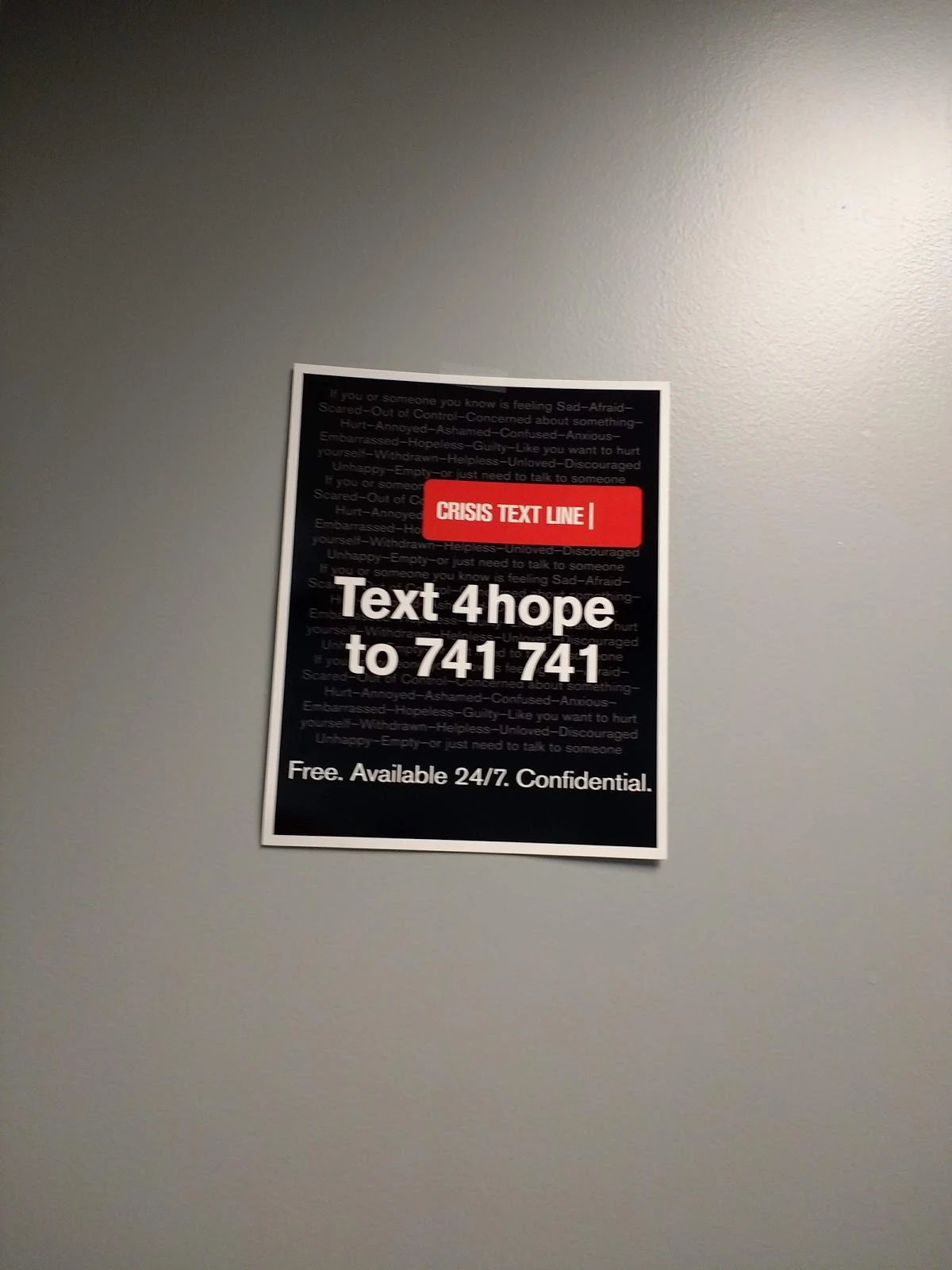OhioGuidestone Information
Treatment
Who We Treat
- Children
- Teens / Adolescents
- Young Adults (18–25)
- Adults
- Seniors/Older Adults
- Adolescents
- Older Adults
- Male and Female
- LGBTQ+
Treatment Focus
- Anxiety
- Co-Occurring Disorders
- Adolescents
- Drug Addiction
- Alcohol
Approaches
- Individual Treatment
- Personalized Treatment
- Evidence-Based
- Family Involvement
- Family Therapy
- Group Therapy
- Cognitive Behavioral Therapy (CBT)
- Dialectical Behavior Therapy (DBT)
- 1-on-1 Counseling
- Eye Movement Therapy (EMDR)
- Medication-Assisted Treatment (MAT)
- Online Therapy
Conditions We Treat
- Depression
- Anxiety
- Post Traumatic Stress Disorder (PTSD)
- Grief & Loss
- Trauma
- Grief and Loss
- Stress
- Co-Occurring Disorders
Substances We Treat
- Prescription Drugs
- Alcohol
- Heroin
- Opioids
- Cocaine
- Methamphetamine
- Marijuana/Cannabis
Languages
- English
- Spanish
Aftercare
- Outpatient Treatment
- Support Meetings
Level of Care
- Outpatient
- Virtual & In-Home Care
Experience
Smoking and Vaping Policy
- Smoking Not Allowed
- Vaping Not Allowed
Additional Locations
OhioGuidestone Accepts The Following Insurance Plans
Find the best treatment options. Call our free and confidential helpline today!





